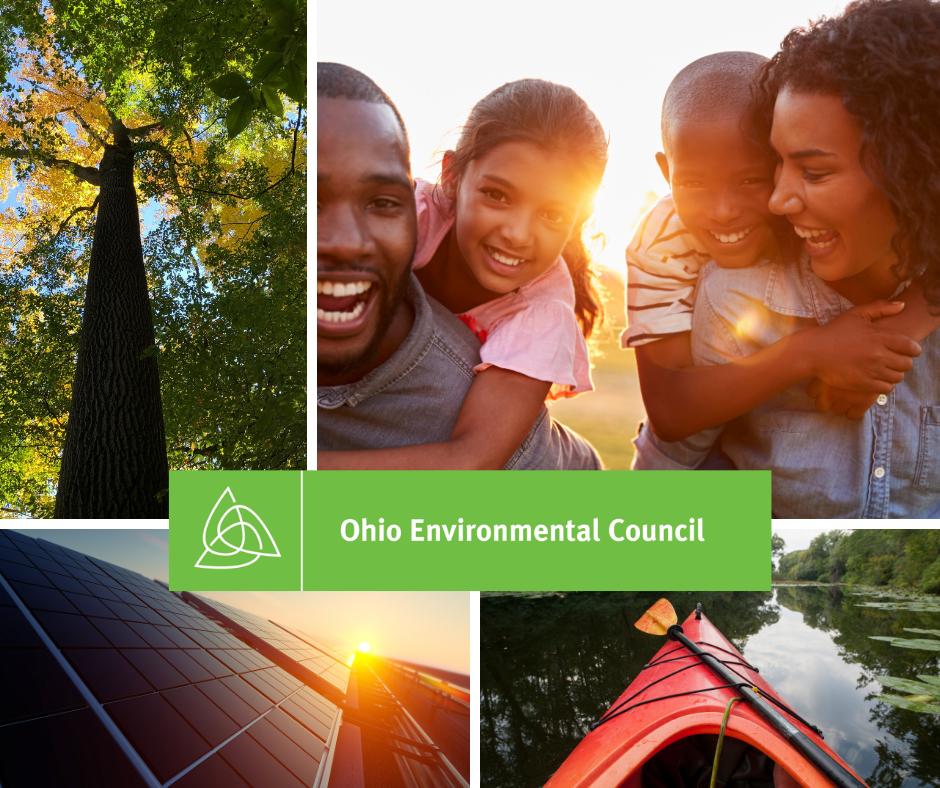Tagged In: Clean Water, clean water act, dirty water rule, water
Emily Bacha, Vice President of Public Affairs, June 23, 2020
Columbus, Ohio — Yesterday, the Trump administration’s rollback to the Clean Water Act took effect with changes to the Waters of the United States (WOTUS) definition, a rule change many are calling the “Dirty Water Rule.” The rule removes Clean Water Act protections for numerous wetlands and miles of streams in Ohio, some of which are drinking water sources for Ohioans.
While initial legal proceedings have allowed the rule to go into effect, additional lawsuits are in progress which could delay and possibly stop this rule change.
The Ohio Environmental Protection Agency (OEPA) developed a new General Permit for Impacts to Ephemeral Streams and Isolated Wetlands to address these federal rollbacks and better protect our Ohio waterways.
The following statement can be attributed in full, or in part, to Pete Bucher, Managing Director of Water Policy for the Ohio Environmental Council:
“The Dirty Water Rule defies science and takes us in the wrong direction, threatening the essential water resources our communities depend on. Earlier this year, the Trump administration’s own Science Advisory Board warned that this rule ignores the reams of scientific data showing protections of these streams and wetlands are essential to clean and safe water. Instead, the administration ignored the facts and pushed forward with a rule that endangers the health and safety of millions of people across the country.
“No Ohioan should have to worry if their drinking water is polluted. While we continue our fight against the Dirty Water Rule, we applaud the Ohio EPA’s action to protect our state waterways in the face of these federal clean water rollbacks.”
###
